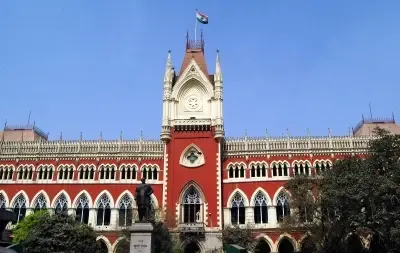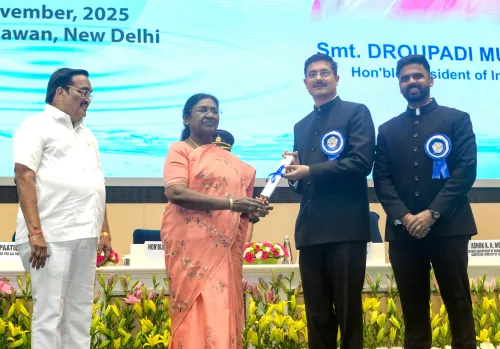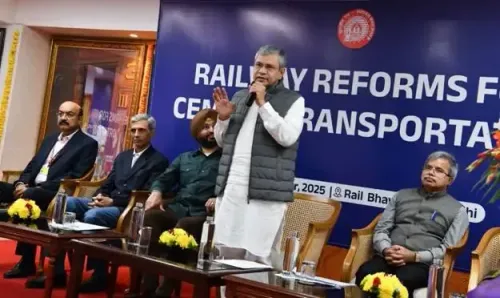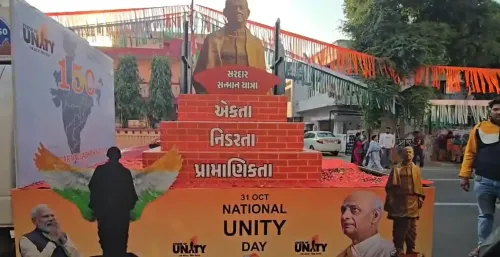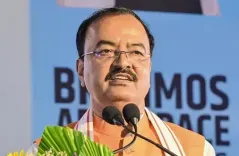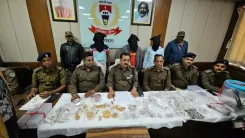How is Gujarat Enhancing Rural Sanitation with Over 68.7 Lakh Toilets?
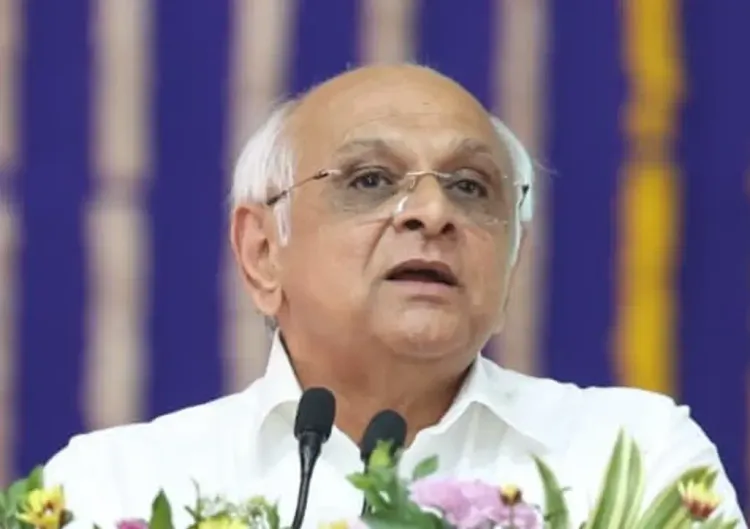
Synopsis
Key Takeaways
- Gujarat has built over 68.7 lakh toilets.
- More than 13,000 villages have become ODF+ model villages.
- The initiative is part of the Swachh Bharat Mission (Rural).
- Public participation has been crucial in achieving sanitation goals.
- The Gobardhan project promotes waste-to-energy conversion.
Ahmedabad, Nov 18 (NationPress) Gujarat has successfully built over 68.7 lakh household toilets as part of the Swachh Bharat Mission (Rural), leading to a remarkable enhancement in sanitation facilities across the state's rural areas.
Through the implementation of efficient waste management strategies, including the separation of dry and wet waste, solid and liquid waste disposal, and access to household toilets, more than 13,000 villages have been recognized as ODF+ model villages, according to officials on Tuesday.
The initiatives led by Chief Minister Bhupendra Patel are inspired by Mahatma Gandhi's vision of a clean India—a vision accelerated nationally when Prime Minister Narendra Modi initiated the Swachh Bharat Mission in 2014. Gujarat achieved the status of Open Defecation Free on Gandhi Jayanti, 2 October 2019, marking a significant achievement in the state’s sanitation efforts.
With the guidance of Rural Development Minister Kunvarji Bavaliya and Minister of State Sanjaysinh Mahida, Gujarat is now advancing to Phase-II of the mission, emphasizing solid and liquid waste management through methods like individual soak pits, community compost pits, segregation sheds, plastic waste management, and door-to-door waste collection.
The Gobardhan project is also instrumental in transforming biodegradable waste into energy, fostering cleaner villages and creating new livelihood opportunities for women’s self-help groups.
The citizens have demonstrated a high level of awareness and engagement, aided by the transparent distribution of the Rs 12,000 incentive for individual toilets. The government is actively working to eliminate outdated beliefs and myths surrounding sanitation, encouraging families to embrace hygienic practices.
To benefit from this initiative, applicants must submit their applications through the Gram Panchayat office or online platforms, followed by field verification. Once the toilet is constructed, beneficiaries receive the financial aid.
As global focus shifts towards sanitation on World Toilet Day (19 November), this year's theme, “Sanitation in a Changing World,” highlights Gujarat’s rural sanitation achievements as an exemplary model of public involvement, health safety, and environmental stewardship.
With robust public participation and the clear distribution of incentives like the Rs 12,000 support for individual toilets, Gujarat has enhanced hygiene awareness, curtailed open defecation, and improved health outcomes across its villages, positioning itself as a leading example for rural sanitation efforts in India.

